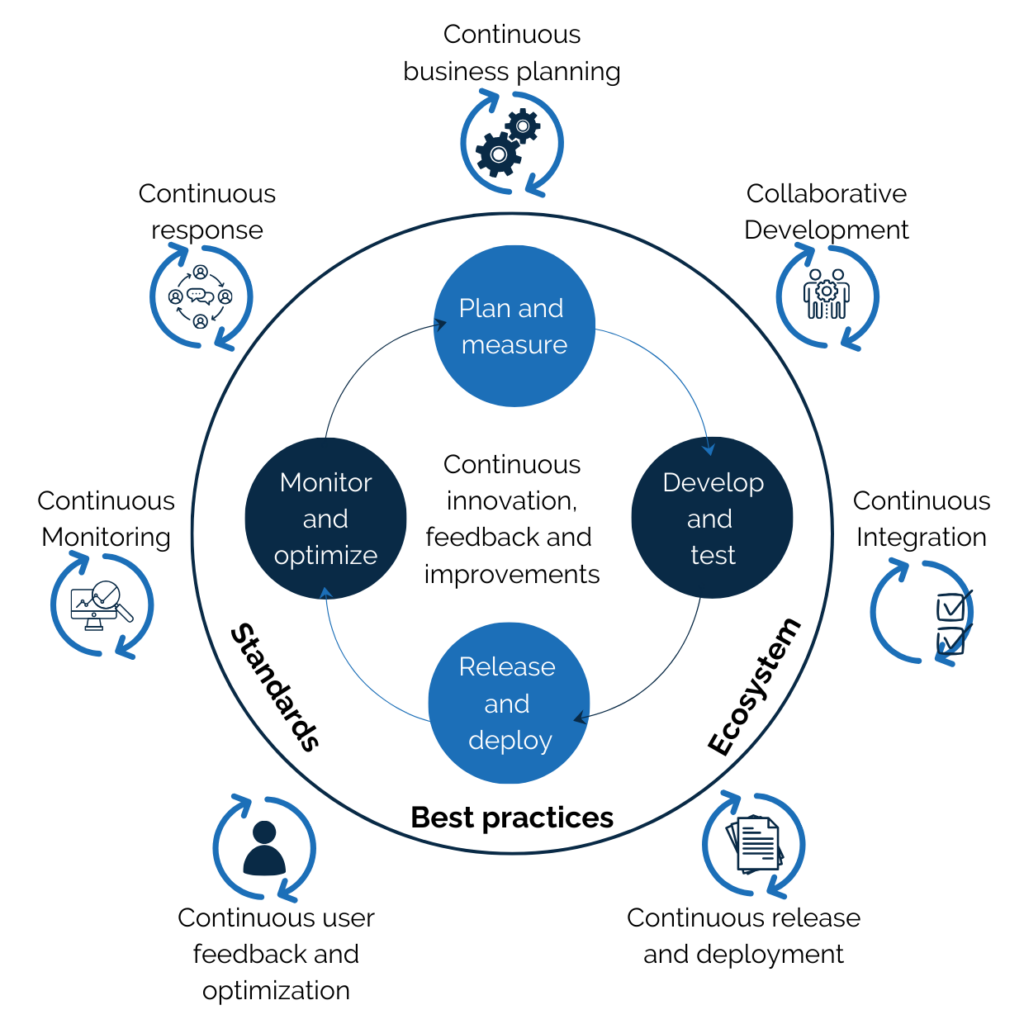Key developer portals for API migration
Modern Developer Portals provide interactive API explorers and detailed authentication guides that help developers quickly understand and test APIs. These tools accelerate the integration of APIs into various application architectures, which is essential for efficient development.
By offering SDKs in different programming languages, sample apps, and real-time support, Advanced Developer Portals encourage innovation and problem solving. Performance metrics and usage statistics are crucial for developers to optimise their applications and identify bottlenecks.
Modern Developer Portals provide interactive API explorers and detailed authentication guides that help developers quickly understand and test APIs. These tools accelerate the integration of APIs into various application architectures, which is essential for efficient development.
By offering SDKs in different programming languages, sample apps, and real-time support, Advanced Developer Portals encourage innovation and problem solving. Performance metrics and usage statistics are crucial for developers to optimise their applications and identify bottlenecks.




